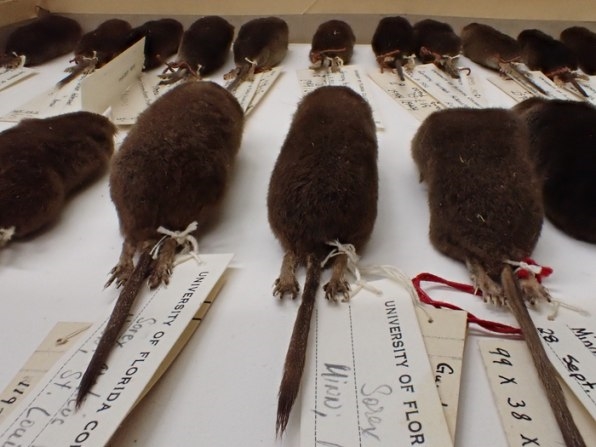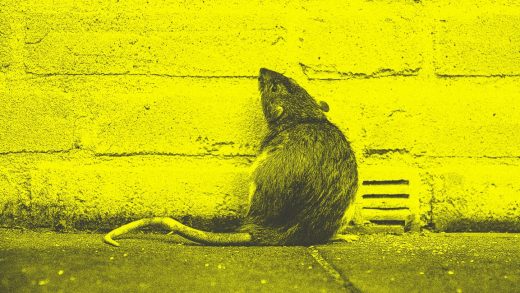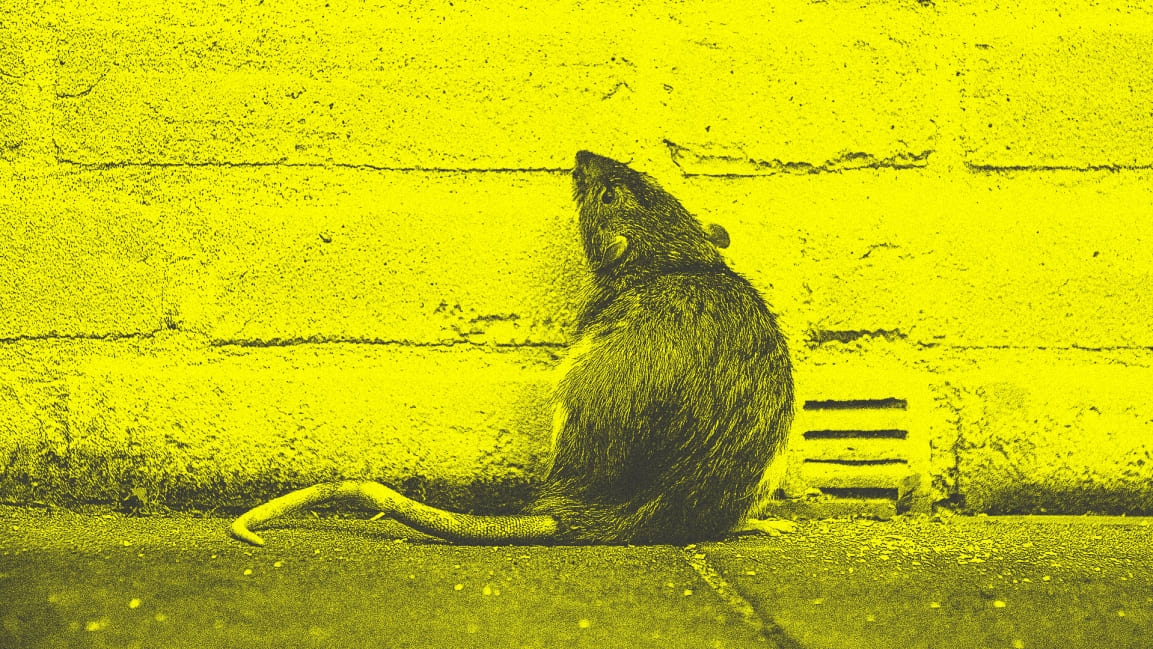Nothing to see here. Just city rats getting bigger and bigger
Yes, scientists find those giant street rats eyebrow-raising, too.
Researchers at the Florida Museum of Natural History are expressing surprise at the results of a new study showing that urban mammals are growing. A quartet of scientists analyzed over 140,000 measurements from more than 100 North American mammals over 80 years. They found that the urban dwellers are significantly longer and, um, fatter than their non-urban cousins.

“That wasn’t what we expected to find at all,” said coauthor Robert Guralnick, curator of biodiversity informatics at Florida Museum of Natural History, in a statement. Animals in warmer climates tend to be smaller (a phenomenon known as Bergmann’s Rule), and scientists had previously observed that higher temperatures from climate change are likely shrinking animals. “This paper is a good argument for why we can’t assume Bergmann’s Rule or climate alone is important in determining the size of animals,” added lead author Maggie Hantak, a postdoctoral researcher at the Florida Museum of Natural History.
That city mammals are big and scary is not surprising news to anyone who has, say, jumped onto a car hood when confronted by an urban raccoon in a nighttime parking lot, or took a quarter-mile detour when a gargantuan rat emerged from a sidewalk garbage bag and sped fearlessly in her direction. Purely hypothetical scenarios, of course.
The scientists had expected to find smaller vermin and other mammals in cities due to the heat island effect, where structures like buildings and roads absorb more heat from the sun than, say, a neighboring forest. Instead, the findings suggest that urbanization is reshaping the bodies of the animals within.
The researchers hypothesize that the mammals are growing bigger because cities provide something of a TV-dinner-on-the-couch lifestyle: easy access to calorie-dense food, less need to scavenge, and fewer predators, which facilitate species expansion, literally.
(23)



